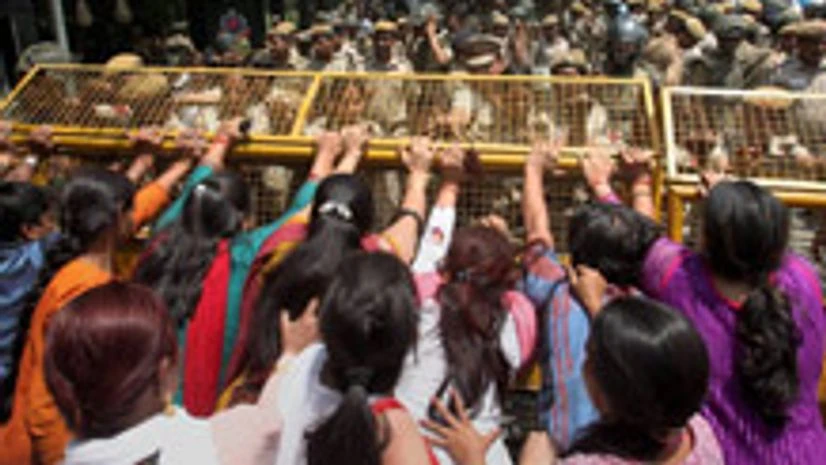“It was an Arab spring for gender equality .... A cry of ‘enough is enough’” writes Udwin, who stayed away from her family for the two years of making the film, in a piece for the Guardian. “.... They were protesting for my rights and the rights of all women. That gives me optimism. I can’t recall another country having done that in my lifetime.”
More From This Section
People saying the doc will glorify sexual violence: Bollywood and our politicians already did that. Let's stop sweeping this under the rug.
— Rega Jha (@RegaJha) March 4, 2015
Convicted criminal expresses misogynistic views: Shocking! Banned. Men on Twitter who are equally misogynistic every single day: RT'd.
— Rega Jha (@RegaJha) March 4, 2015
#NirbhayaInsulted All the convicts should be hanged, without further delay- My sincere request to judicary, @narendramodi @BJPRajnathSingh
— Prashant Mehrotra (@prashant1280) March 4, 2015
Bizarre that a person convicted of brutal rape, murder gets a platform to justify his act. Tweet your reactions with #NirbhayaInsulted
— TOI Delhi (@TOIDelhi) March 4, 2015
A convicted criminal instead of being hanged is supposed to provide insight into his minds to enlighten the people! #NirbhayaInsulted
— Madhu Musings (@MadhuMusings) March 4, 2015
)
